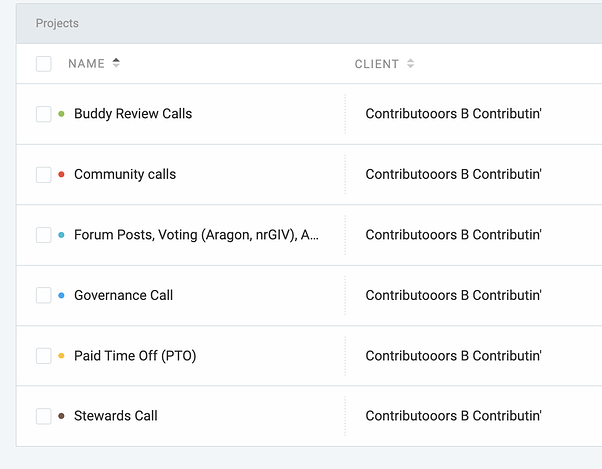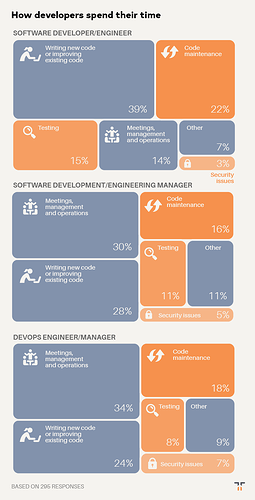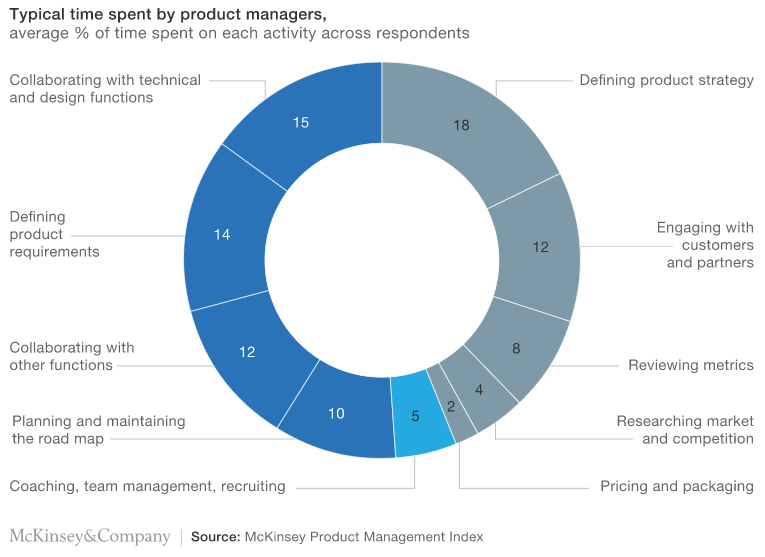As part of the SubDAOfication process, we have implemented the process of Working Group (WG) budgets and time reporting.
The Problem
Giveth has not had in the past any manner of fiscal accountability or rational limits in budgeting working groups, products and projects. There were also not any clear boundaries of where and how contributors spend their time, this led to many contributors starting their own initiatives or spending their time working on projects that didn’t have consensus with the rest of the DAO.
With a limited budget and many contributors, the Giveth DAO absolutely needs to put some guard rails in place on how we spend and understand the cost of different aspects of Giveth’s operations.
Purpose of Time Reporting
Following this forum post, these changes aim to achieve multiple objectives: Firstly, clarifying WG’s budget; secondly, gaining a better understanding of Giveth’s current spending and improving our ability to forecast future expenses; and finally, enhancing accountability in how contributors spend their time contributing.
When we have the budget and can fully decentralize our accounting then we can let each WG handle it’s own budget and time reporting (or not do time reporting at all if it so wishes).
From September 2022 to January 2023, we used Typeform to gather time reports. From February to April 2023, we switched to Coda. However, after receiving feedback regarding the challenges associated with these platforms, we transitioned to Clockify. Clockify provides us with greater flexibility and better project and WG categorization management. Check out this video tutorial on how to add time reports in Clockify.
Notes on Chapters and Miscellaneous Hours
-
To recap, these are the Chapters: Development, Communications, Design, DevOps
-
We encourage chapter contributors to allocate their work to a WG with an approved budget whenever possible. To simplify reporting, we’ve replaced the previous IDK/Miscellaneous tags with specific tasks and projects which can be found under each Working Group (WG):
- Admin Tasks
- Working Group Calls
- New Contributor Onboarding
- Development
- DevOps
- Communications
- Design
-
Chapter Leads have a dedicated category where they can create tasks on their own for work that doesn’t necessarily fall under a WG but can be associated in their role as a Chapter Lead such as coordination and management within the Chapter.
-
The remaining IDK/Miscellaneous tags will be proportionately allocated to the relevant WGs based on contributors’ time allocation for the current month.
Illustration:
| Hours Reported | WG/Project | Allocation of Hours* | Final Hours Charged to WG |
|---|---|---|---|
| 60 | DApp WG | 60 hours for DApp + 2.4 hours Community Call + 6 hours PTO | 68.4 |
| 40 | Quadratic Funding WG | 40 hours for QF + 1.6 hours Community Call + 4 hours PTO | 45.6 |
| 4 | Community Calls | Allocated proportionately to WGs they contributed for the current month | 0 |
| 10 | Paid Time Off | Allocated proportionately to WGs they contributed for the current month | 0 |
| Total 114 hours | Total 114 hours |
*Allocation of Hours Computation:
| Working Group | 4 Hours Community Call Allocation | 10 Hours PTO Allocation |
|---|---|---|
| DApp WG | 4 x (60/100) = 2.4 hours | 10 x (60/100) = 6 hours |
| Quadratic Funding WG | 4 x (40/100) = 1.6 hours | 10 x (40/100) = 4 hours |
We highly encourage everyone to properly account their hours because it is crucial to the budgeting and cost estimation.
Please share your comments, suggestions, and concerns in this forum post so that we can collectively address them. If you have more questions and wish to engage in further discussions, you can also join the Governance call.



